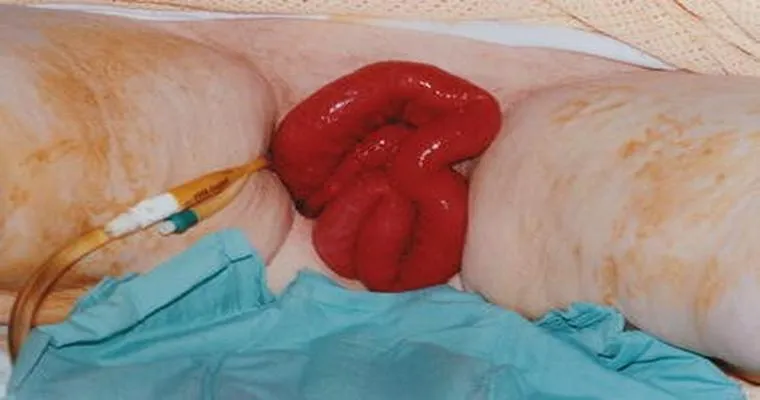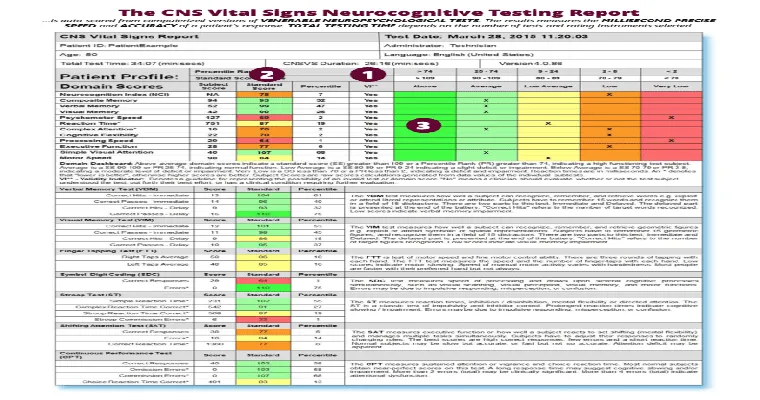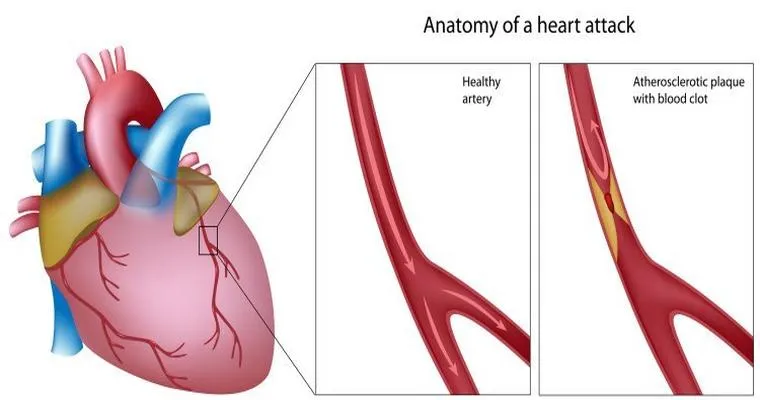Experiencing "blood in the vagina" years after a "hysterectomy" can be alarming and may raise concerns about underlying health issues. A hysterectomy, which involves the surgical removal of the uterus, is often performed for various medical reasons, including fibroids, endometriosis, or cancer. However, many women wonder why they might notice vaginal bleeding long after the procedure. Understanding the potential causes of this phenomenon is essential for maintaining your health and peace of mind.
One of the most common reasons for "vaginal bleeding" years after a hysterectomy is the presence of "ovarian remnants". In cases where the ovaries are not removed during the hysterectomy, ovarian tissue may still be present. This tissue can sometimes produce hormones that lead to bleeding similar to a menstrual cycle. If you have had your ovaries removed, the situation might be different, and the bleeding could indicate other issues.
Another potential cause is the development of "vaginal atrophy", which is a thinning and inflammation of the vaginal walls due to decreased estrogen levels. This condition is particularly common in postmenopausal women and can lead to symptoms such as dryness, irritation, and bleeding. Hormone replacement therapy or localized estrogen treatments may help alleviate these symptoms.
Infections can also lead to "vaginal bleeding". Conditions such as "bacterial vaginosis" or sexually transmitted infections may cause inflammation in the vaginal tissues, resulting in bleeding. If you suspect an infection, it is crucial to consult with a healthcare provider for appropriate diagnosis and treatment.
Other causes of bleeding may include "polyps" or "fibroids" that can develop in the vaginal canal or surrounding areas. Although these conditions are less common after a hysterectomy, they are still possible and warrant medical evaluation. Additionally, any abnormal growths or changes in the vaginal or pelvic area should be promptly assessed by a healthcare professional.
Finally, it is essential to consider the potential for "cancer". While the risk may be lower for those who have had a hysterectomy, any unexpected bleeding should not be ignored. Conditions such as "vaginal cancer" or "pelvic malignancies" can lead to bleeding and require immediate attention.
If you experience "blood in the vagina" years after your hysterectomy, do not hesitate to seek medical advice. A healthcare provider can perform a thorough evaluation, including a physical examination and necessary tests, to determine the cause of the bleeding. Early intervention can lead to better outcomes and peace of mind.
In conclusion, while experiencing "vaginal bleeding" years after a "hysterectomy" can be concerning, understanding the possible causes can help you navigate this situation. From hormonal changes and infections to growths and rare cancers, there are several factors that may contribute to this symptom. Always consult with a healthcare professional to ensure your health is prioritized and any issues are addressed promptly.





